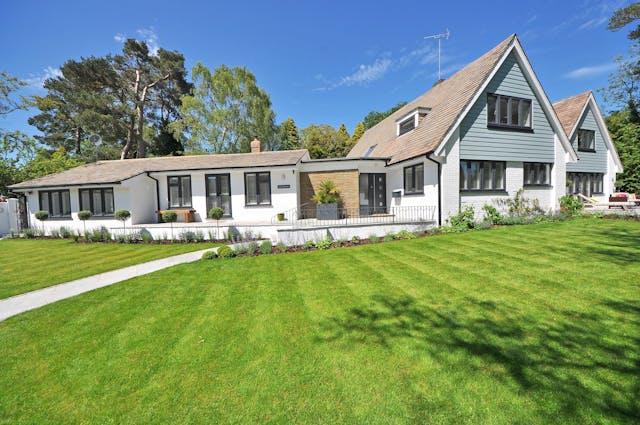Photo from Pexels
Purchasing a house is more than simply determining the ideal number of bedrooms or finding a nice location. Every choice made during the purchasing process has long-lasting effects on the value of the home as well as the comfort and lifestyle it will provide for years. While it's tempting to concentrate on cosmetic details or simple adjustments, wise purchasers see beyond appearances to find the key elements determining a property's actual value. From building soundness to local real estate trends, every detail counts, and neglecting any one element may cause regrets. If you are knowledgeable about these important factors, you will be able to make an informed investment with your purchase.
Use the Local Market Value to Guide Your Investment
Evaluating the local market value is one of the most crucial elements in house purchase. It not only lays the groundwork for your first outlay but also shows the possible increase in the value of your house over time. In highly sought-after markets, such as Mountain Village real estate, prices usually grow steadily and provide a safer and usually more profitable investment. The value of homes in these areas increases regularly, giving homeowners long-term stability and security. When looking at market worth, consider previous selling prices of houses in the neighborhood. This information helps one avoid overpaying and provides a clear view of what others are ready to spend. Investigate market trends to ascertain whether property prices are either steady or growing right now.
Don’t Underestimate the Importance of Structural Integrity
Though it is one of the most important factors to take into account, the structural integrity of a property is often overlooked until after purchase. Though hidden problems in the foundation, walls, or roofing might result in unanticipated expenses and continuous repairs, a house may seem great on the surface. Always choose to commit to a thorough house examination first. Important aspects like the foundation, roof, walls, plumbing, and electrical systems should all be inspected. Repairing structural problems may be expensive and sometimes even calls for replacing important components entirely. Apart from the first outlay, they might affect the general stability and security of the house. A solid construction guarantees a safe living space and increases the lifetime of your house.
A Key Factor for Comfort and Resale Value
The state of the neighborhood strongly influences the resale value of your house and your living experience. Your property gains value from a well-established, safe, and visually pleasing location as well as from your comfort and peace of mind. Investigate neighborhood crime statistics, closeness to facilities, general community cleanliness, and upkeep. A neighborhood with low crime rates, outstanding schools, and proximity to shopping and leisure activities usually appeals more than others, therefore improving your quality of life and the future market value of your house. See the demography and atmosphere of the area to make sure it fits your way of life. If you want calm, family-friendly surroundings, make sure the area isn't prone to too much traffic or loud noise.
Assessing the Home's Energy Efficiency Can Save Money Long-Term
In today's environmentally conscious culture, energy efficiency is becoming a crucial consideration when purchasing a house. It has an impact on your monthly expenditure, the environment, and your comfort level. Lower power expenses and a smaller carbon footprint usually follow from homes with modern HVAC systems, appropriate insulation, and energy-efficient windows. See if the house has solar panel upgrades or energy-efficient appliances; these expenditures lower long-term expenses and increase the attractiveness of the house to the next owners. Energy efficiency aims to provide a pleasant living environment as much as to save expenses.
Review Future Development Plans Possibly Affecting Your Property
When purchasing a house, the future of the nearby neighborhood is as crucial as the present. Upcoming improvements like parks, new commercial districts, public transportation increases, and residential projects may greatly impact your quality of life and the value of your home. While developments can result in more traffic, noise, and changes in local character, they also usually raise property prices. To find out about any upcoming developments, ask local government planning offices. Consider how your current lifestyle will be affected by these changes. Although new parks or retail complexes could provide convenience, they can also bring an influx of people, noise, and higher demand for local businesses.
Conclusion
The path to finding your ideal home extends well beyond its initial appeal. By focusing on these essential factors—market value, structural integrity, neighborhood quality, energy efficiency, and future development plans—you can ensure a purchase that brings lasting satisfaction and financial prudence.





Comments